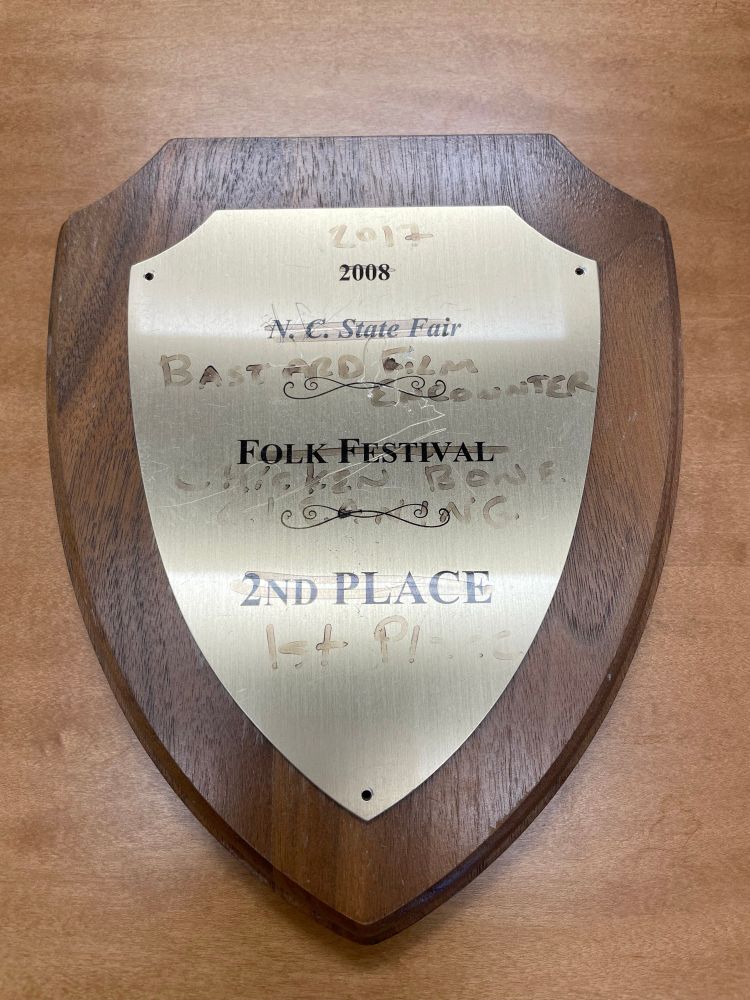Brian L. Frye
@brianlfrye.bsky.social
3.8K followers
720 following
1.5K posts
Dogecoin Professor of Law & Grifting. Securities artist & conceptual lawyer. Legal scholarship's #1 plagiarism apologist. Maybell Romero’s +1. https://linktr.ee/brianlfrye
Posts
Media
Videos
Starter Packs


